Chapter 1: So… What the Heck Is a Novel?
Welcome, word weaver. Apprentice of prose. Dreamer armed with nothing but language. You’ve stepped across the threshold into the storytelling sanctum of Geerdyverse Academy. Here, the blank page is your battlefield, your laboratory, your blank canvas. And today, we begin where all stories begin: at the beginning. What is a novel?
It may sound deceptively simple, like asking, “What is music?” or “What is love?” But within that question lies a swirling storm of imagination, structure, and emotional depth. A novel is not merely a long book. It is an entire world wrapped in ink. It is thought and soul, suspended between covers. Let us dig into this literary animal, examine its bones, and discover what makes it breathe.
Definition Time: Novel ≠ Just Any Book
A novel, in its most formal sense, is a long-form fictional narrative, written in prose. It is not a poem, though it may be poetic. It is not a memoir, though it may pull from life. It is not a movie script, though its scenes may play out in the reader’s mind like cinema. It is, quite simply, a story with space to stretch its limbs.
Unlike short stories, which zoom in on single moments or brief arcs, the novel is expansive. It allows the writer to explore character development, layered plotlines, and intricate themes. On average, a novel spans from 40,000 to 120,000 words, but there is no true ceiling. F. Scott Fitzgerald’s The Great Gatsby hovers just under 50,000 words, delivering emotional punch in a slim package. Meanwhile, Tolstoy’s War and Peace gallops past 580,000 words, a literary odyssey of epic scale. But whether your tale is a haiku or a hurricane, what defines the novel is the intention to build a living, breathing world.
Anatomy of a Novel: It’s Not Just “Once Upon a Time” Anymore
Beneath every great novel lies a scaffold of narrative architecture. The plot is the skeleton, providing shape and structure. The characters are its muscles and sinews, animating the frame with motive and desire. The setting is the skin — the texture and color of the world it inhabits. And the theme? The theme is the soul. The heart. The hidden ember beneath the ash.
Plot is more than a sequence of events. It is a carefully orchestrated journey of cause and effect. In Suzanne Collins’ The Hunger Games, we are not merely watching Katniss Everdeen survive a televised deathmatch. We are watching her evolve, from pawn to rebel, from survivor to symbol. The plot carries her — and us — through hardship, choice, and transformation.
Characters are the vessel through which readers connect to the tale. Without compelling characters, a novel is a map with no travelers. A 2021 Goodreads survey revealed that 72% of readers will abandon a book by Chapter 3 if they feel no attachment to the protagonist. We yearn to see ourselves in others — even if they live in galaxies far away or centuries long gone.
Setting anchors the story in time and place. It is the scent in the air, the rust on the doorknob, the echo of footsteps in a cathedral hallway. Whether it’s the frost-covered streets of Victorian London or a neon-lit outpost on Mars, the setting whispers mood and stakes into the reader’s ear.
And then there is theme — the reason you’re telling the story in the first place, even if you don’t yet know it. Every novel says something about the world. Even when the plot shouts and the characters scream, the theme hums quietly underneath, asking, “Why does this matter?”
The Novel Family Tree: Genres & Mutant Cousins
Novels, like music or food or fashion, come in endless varieties. Fantasy novels cast spells, raise dragons, and forge destinies in the fire of prophecy. Science fiction peers through the telescope of time and asks what humanity might become. Romance lingers in the space between hands, the moment before the kiss. Mystery invites us to piece together the broken mirror of truth.
Each genre brings with it conventions and expectations, a kind of literary DNA. Historical fiction recreates the texture of bygone eras with painstaking detail. Literary fiction often eschews plot in favor of deep introspection and lyrical prose. Hybrid genres bloom at the intersections: romantasy, science-fantasy, noir-horror, Afrofuturism.
And then, there are the wild hybrids. Novels that defy category. A space-opera that morphs into a murder mystery. A feminist dystopia set inside a bakery. These mutant cousins challenge our definitions and demand new shelves.
The point is: there is no one way to write a novel. But every genre is a different dialect of the same human language: story.
Novel vs Other Story Creatures
To better understand the novel, we must contrast it with its kin. The short story captures a flash of insight or a single dramatic beat. It is lightning in a bottle. The novella, its slightly older sibling, explores a central conflict with more breathing room. Think of it as a short film compared to a feature.
Scripts and screenplays are blueprints for visual storytelling. They rely heavily on dialogue and direction. A screenplay may move a viewer to tears, but its emotional power often emerges fully in the hands of actors and directors.
Graphic novels marry image and word in a visceral dance. They condense time through panels, distill action into still frames. Memoirs, though often similar in shape, are tethered to truth. A novel, on the other hand, is unshackled. It invents, it warps, it dreams.
In short: the novel is the sandbox. It grants you space to build empires or excavate hearts. It is, in many ways, the most versatile storytelling tool we have.
By the Numbers: The World of Novels
Books still matter. Despite whispers that attention spans are shrinking and the digital age is swallowing print, the novel persists. It endures.
As of 2024, the global book industry stands tall at $156 billion. Fiction represents nearly half of that. In a world of TikToks and dopamine scrolls, people still hunger for slow-burning stories. For immersion. For escape.
Romance remains as one of the top genres, responsible for over 40% of total fiction sales in 2025. Crime and thriller tales hold 23%. Fantasy and sci-fi, fueled by fandoms and cinematic universes, rules with 58.4%. Readers are searching not just for entertainment, but for connection, catharsis, and complexity.
And while it’s true that the average self-published author sells fewer than 300 copies a year, that number is not a verdict. It is an invitation. Your story need not sell millions to be meaningful. One reader, transformed — that is the miracle.
The Evolution of the Novel
Before the novel became what we know it as today — a bound story read on a subway or tucked under a pillow at night — it was a curious, shifting experiment. Humans have always told stories, passing them down in chants, myths, and oral traditions. Around fires and temples, stories lived in voices, not on pages. It was performance, not print. But the longing to preserve, to encode life into symbols, birthed the earliest narrative records.
Some of the earliest forms of long-form prose fiction can be traced back to ancient Greece and Japan. Works like The Tale of Genji by Murasaki Shikibu, written in the 11th century, is often considered the first real novel. Unlike epic poems such as The Iliad or The Epic of Gilgamesh, Genji followed the inner lives of its characters, weaving psychological realism with poetic prose. In Europe, texts like Don Quixote by Miguel de Cervantes (1605) introduced meta-fictional ideas and satirical commentary, questioning what it even meant to be heroic or real.
It was during the Enlightenment and the rise of the middle class that the novel found fertile ground. The printing press had matured, literacy was expanding, and readers craved stories that reflected individual struggles. Authors like Daniel Defoe (Robinson Crusoe) and Samuel Richardson (Pamela) helped mold the novel into a vessel of character development and interior conflict. Jane Austen took it further by dissecting social structures with irony, while Charles Dickens painted vivid portraits of industrial London, brimming with both horror and hope.
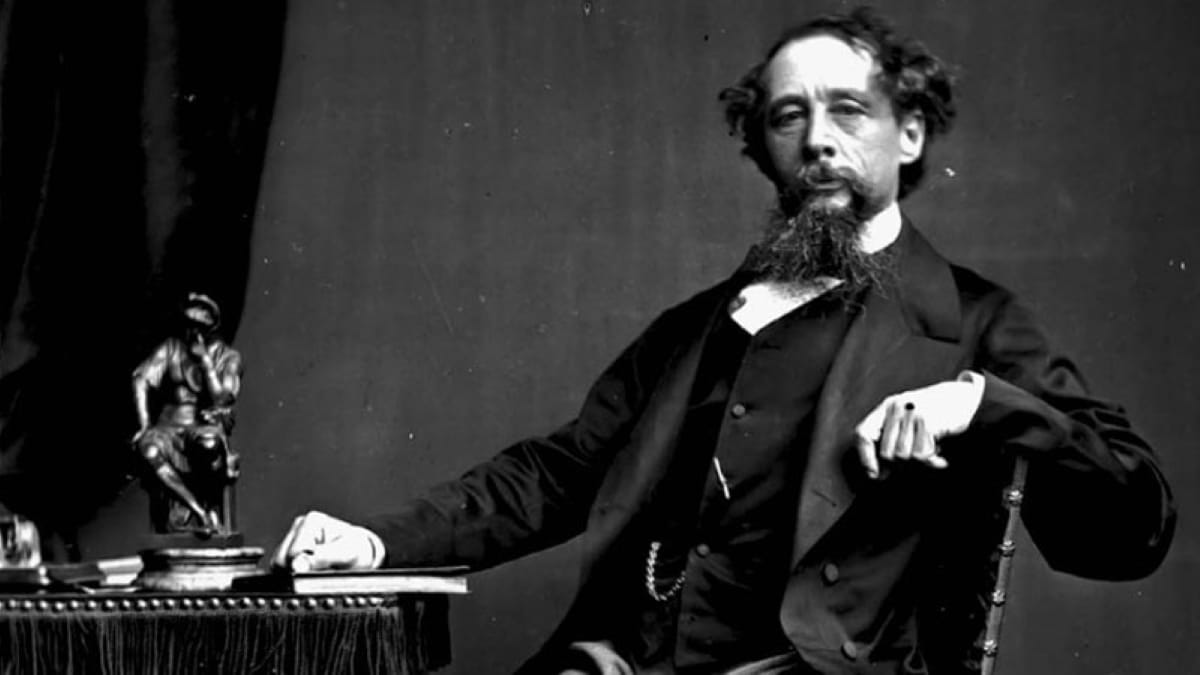
The 20th century ushered in modernism, and with it came a revolution in form and language. Writers like James Joyce shattered linear time in Ulysses, Virginia Woolf floated between minds and moments in To the Lighthouse, and Franz Kafka cloaked existential dread in surrealism. The novel became not just a story, but a philosophical experiment. Postmodernism soon followed, blending the sacred and the absurd, the metafictional and the playful. And now, in the digital age, the novel has transformed again — adaptable, transmedia, and deeply personal. It lives in fanfics, audiobooks, Substack serials, and Kindle epics. It is immortal, precisely because it keeps changing.
Cultural Impact: The Novel as Mirror and Hammer
Novels do more than entertain. They are lenses and levers. They capture the fleeting breath of an age and sometimes, they shape the future. A novel is both a mirror — reflecting the society that births it — and a hammer, capable of cracking open comfortable illusions.
Harriet Beecher Stowe’s Uncle Tom’s Cabin was published in 1852 and within a year, it sold over 300,000 copies in the United States alone. It ignited fires in parlors and pulpits, galvanizing the anti-slavery movement. According to legend, Abraham Lincoln even greeted Stowe as “the little lady who started this great war.”
In the 20th century, George Orwell’s 1984 gave us the language of rebellion and surveillance. “Big Brother,” “doublethink,” and “thoughtcrime” are now part of the cultural lexicon. Toni Morrison’s Beloved made readers reckon with the haunting legacy of slavery, not through lectures, but through characters that bled grief and resilience.
Books have been burned, banned, censored, and hunted — not because they are dangerous in themselves, but because they threaten power with empathy. In Nazi Germany, books by Jewish authors were consigned to fire. In apartheid South Africa, works by black writers were smuggled and whispered like contraband gospel. In these acts, we see not just censorship, but an admission: stories matter. Stories move people. And moved people can move mountains.
When you write a novel, you don’t just enter a market; you enter a lineage. You become a participant in cultural evolution. And sometimes, a spark in your sentence might light a fire in someone else’s soul.
Novels in the Digital Age
We live now in a time of noise — pings, dings, and doomscrolls. Attention is the new currency, and distraction is the inflation. And yet, against all odds, novels endure. Even thrive. They survive in ePub files, glow on Kindle screens, and whisper through audiobooks narrated by velvet-voiced actors under late-night lamps.
The democratization of publishing has swung open the gates. Once upon a time, to write a novel meant seeking the favor of agents, enduring slush piles, and praying for ink on a contract. Today, platforms like Wattpad, Webnovel, and Archive of Our Own host millions of works, some reaching audiences in the tens of millions. Colleen Hoover began her journey as a self-published romance author and now dominates bestseller lists. Andy Weir posted The Martian chapter by chapter on his website before it became a movie starring Matt Damon.
The form itself is mutating, not dying. Serialized fiction has made a glorious return, echoing the age of Charles Dickens. Interactive fiction — like apps that let readers choose plot paths or influence outcomes — blends the boundaries of gaming and literature. Even artificial intelligence has become a co-author, not replacing creativity, but augmenting it.
And still, the novel remains a long-form refuge. Amidst the flickering notifications, some part of us longs for immersion. For a journey not measured in seconds but in chapters. The novel is the antithesis of skimming. It is depth in a shallow sea. And its survival proves one thing: we still need to feel deeply. We still crave transformation.
Your Place in the Lineage
You are not just a beginner. You are not just a student enrolled in a writing class. You are stepping into the river of story, centuries wide and soul-deep. You are part of an ancient chorus, echoing the voices of Homer and Scheherazade, Austen and Baldwin, Morrison and Murakami.
When you pick up the pen — or crack open your laptop — you don’t just record words. You summon a world. You make choices that affect imaginary lives, and in doing so, you reshape real hearts. That is no small power. That is sacred.
Your novel may not sell millions. It may never be displayed in a bookstore window. But if it matters to someone — if it comforts them on a dark night, or helps them see something familiar in a new way — then it is timeless. Immortal.
Remember: you are writing not just for applause. You are writing for communion. For reflection. For legacy. And your voice, no matter how unsure it sounds now, belongs here.
Because when you write a novel, you do not merely escape the world. You become one of its architects.
The Emotional Arc of Writing a Novel
Writing a novel is not a straight line. It is a spiral staircase in the dark, a winding road flanked by fog, littered with self-doubt, small victories, and surprising epiphanies. Every writer, no matter how seasoned, begins with uncertainty. The blank page is both terrifying and sacred. It stares back, daring you to create.
At first, there is the honeymoon phase. The idea glows like candlelight. You can see the entire story in a rush of inspiration. The characters whisper their names in your sleep. The world builds itself around you like scaffolding from a dream. This is when you feel powerful, godlike, overflowing with potential.
But then comes the middle. The dreaded middle. The fog thickens. The sentences resist. Characters start to disobey their arcs. Your perfect idea begins to crack under the weight of execution. You might wonder if the story was ever good at all. You might stop. Many do.
Yet, if you continue, something magical happens. Through persistence, the chaos begins to settle. Threads connect. Purpose reappears. You are no longer inventing — you are discovering. The novel becomes something alive, growing beyond your original vision. This is the true reward: not just finishing, but evolving with the story. You write, and the novel rewrites you.
The Responsibility of the Novelist
To write a novel is to wield immense power. Stories are not harmless. They are tools. Weapons. Mirrors. Novels have the power to heal, but also to wound. They can reinforce stereotypes or dismantle them. They can uplift silenced voices or drown them out further. This is not a burden — it is a calling.
Every novelist must grapple with their impact. Even fiction shapes perception. What we normalize in stories becomes easier to normalize in life. What we question in fiction becomes easier to question in reality. This is why representation matters. This is why authenticity matters. Novels build empathy, but only if they tell the truth. Not the facts, necessarily, but the deeper truths: of pain, of identity, of hope.
The novelist does not have to be perfect, nor prophetic. But they must be awake. Awake to nuance. Awake to humanity. Awake to the weight of their words. In a world drowning in content, a novel still has the potential to make someone stop, think, feel.
To be a novelist, then, is to be a steward of meaning. You must walk into the dark with your lantern lit. You must carry the flame for others.
Why Novels Will Always Matter
We are a species built on story. From the moment we could speak, we spoke in tales. Even in our sleep, our minds shape dreams like novels: with characters, plots, conflict. Novels are not just entertainment; they are blueprints of the human condition.
In an age of speed and compression, the novel dares to be slow. It asks you to sit, to listen, to live inside another life. It fosters empathy by making you inhabit the mind of someone unlike yourself. It demands reflection in a time of reflex. A novel is a rebellion against forgetfulness. It preserves the invisible. It humanizes statistics. It adds texture to history. And it keeps the future tethered to emotion.
The world will change. Formats will change. Languages will evolve. But as long as we long to connect, to make sense of ourselves, to pass on what we’ve seen and felt — novels will endure. Because they are not just books. They are blood.
You are not merely learning how to write a novel. You are learning how to listen, how to speak, and how to make someone, somewhere, say:
“I thought I was the only one.”
And that is why it matters.
Forever.
Okay, But How Do I Start Writing a Novel?
The path begins not with a grand outline or perfect sentence, but with curiosity. Begin by reading widely. Immerse yourself in voices unlike your own. Read classics and comics, epics and experiments. Reading is the whetstone of the writer’s sword.
Then, write. Write terribly, wonderfully, honestly. Give yourself permission to fail. Your first draft is not a monument; it is scaffolding. Get the bones down. Later, you can add flesh.
Know your “why.” Are you writing to exorcise a personal demon? To rewrite history? To make your younger self proud? Let that why be your compass.
And finally, embrace the mess. The chaos. The mystery. No one writes a novel with clean hands. We are all fumbling in the dark with ink on our sleeves.
Novel Myths You Must Kill With Fire
Let us banish a few poisonous myths that haunt new writers.
You do not need divine inspiration to write. Discipline trumps muse. Professionals show up, whether or not the weather is romantic.
You do not need a degree in literature to write a novel. You need ears to hear rhythm, eyes to see patterns, a heart to break and rebuild.
Your novel does not need to be 100,000 words. Some of the most enduring masterpieces are novella-sized.
And above all: your story does not need to be wholly original. Originality is a myth. What matters is how you tell it. Your lens. Your voice. Your ache.
Homework You’ll Secretly Love
Before we meet again, I invite you to do three things.
First, choose a novel you love. Reread it like an archaeologist. Map its plot. Listen to its character arcs. Discover its hidden themes. Ask: What made this sing to me?
Second, set a timer. Write freely for ten minutes on this question: “What kind of novel do I want to write, and why?” Let the ink flow. Do not censor. Let the answer surprise you.
Third, if you’re feeling bold, create a playlist that captures the mood of the story you want to write. Music speaks when language falters. Let it guide you.
Discover more from Ge-erdy Verse
Subscribe to get the latest posts sent to your email.

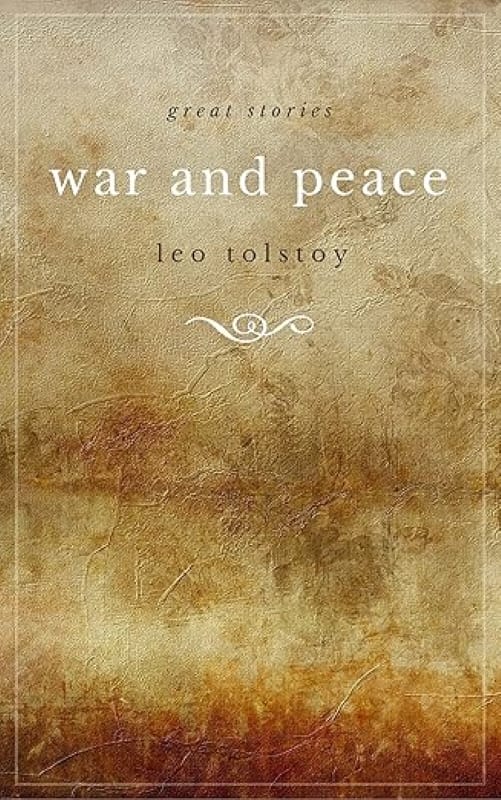
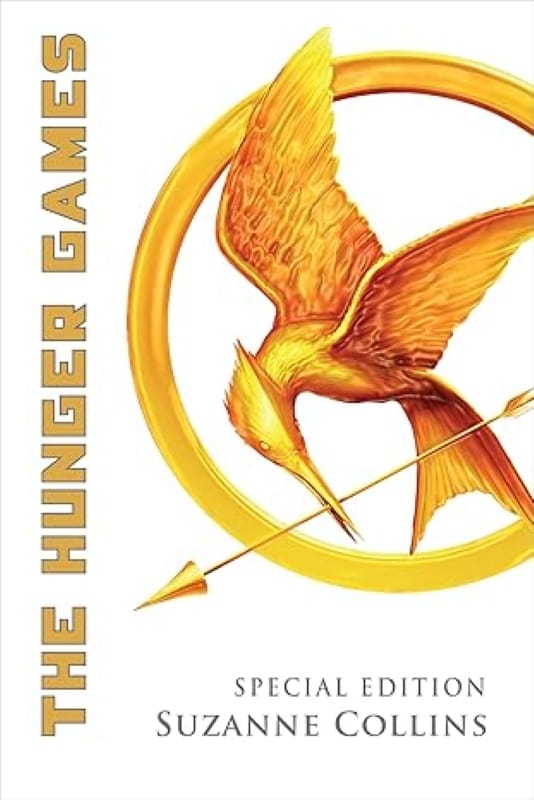
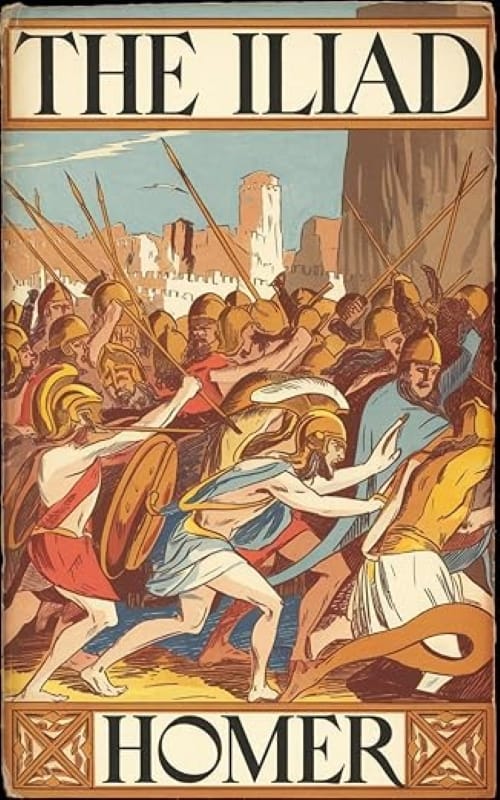
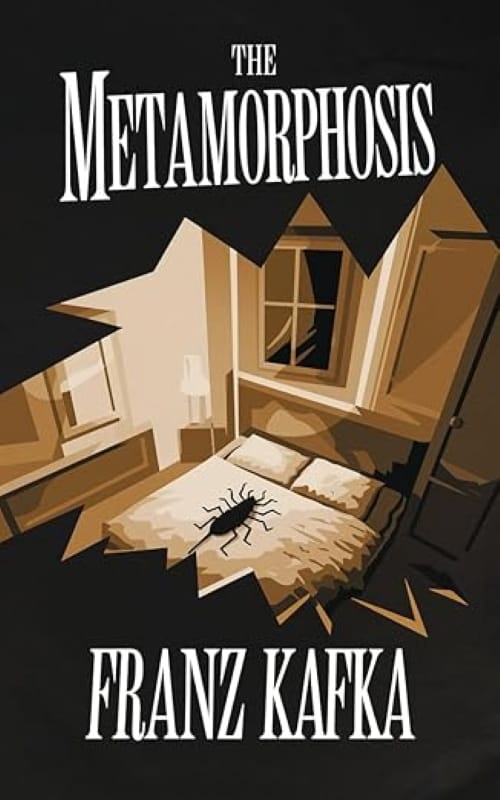
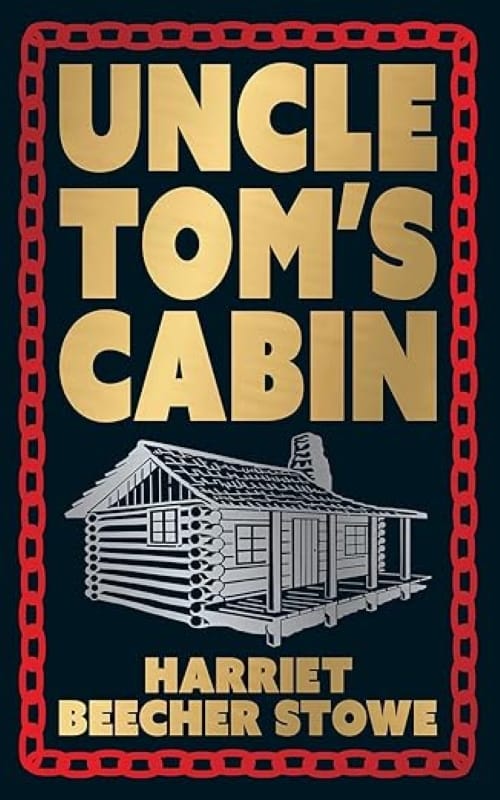
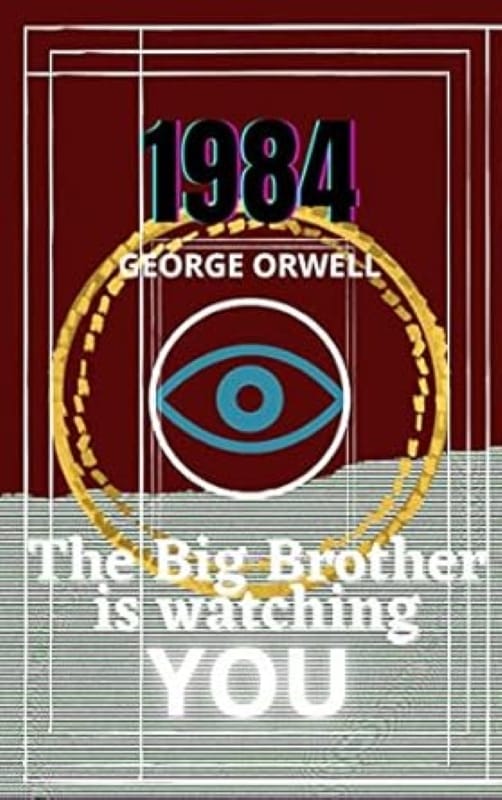
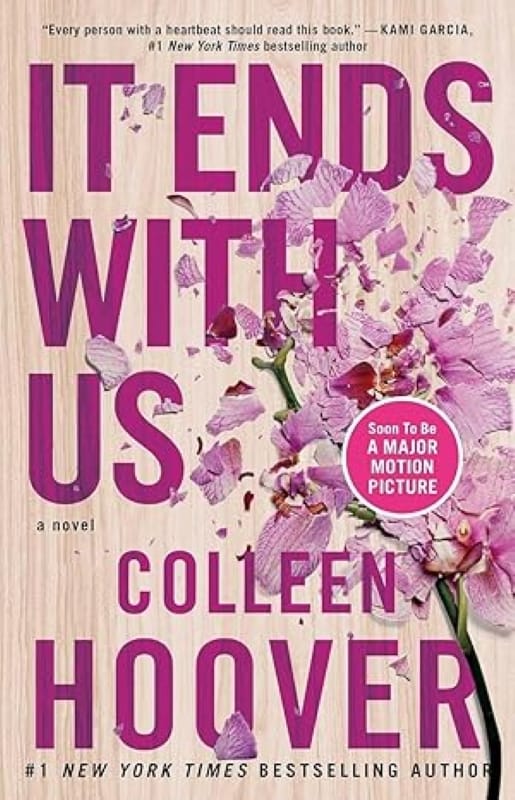

May 9, 2025 @ 1:46 pm
Hi there to all, for the reason that I am genuinely keen of reading this website’s post to be updated on a regular basis. It carries pleasant stuff.
May 11, 2025 @ 4:52 pm
Subscribe to our website for free and you’ll get update in your Gmail whenever we upload any post!!! It just takes 2-3 steps!
May 10, 2025 @ 3:48 am
I appreciate you sharing this blog post. Thanks Again. Cool.
May 11, 2025 @ 4:53 pm
Welcome!!! If you want to read more, you can always subscribe to our website. Its free and just takes 2-3 steps!